How much do heat pumps cost and are they worth it? Experts explain what you need to know
Heat pump cost explained. Is it worth it in the long term? We give you the low down...
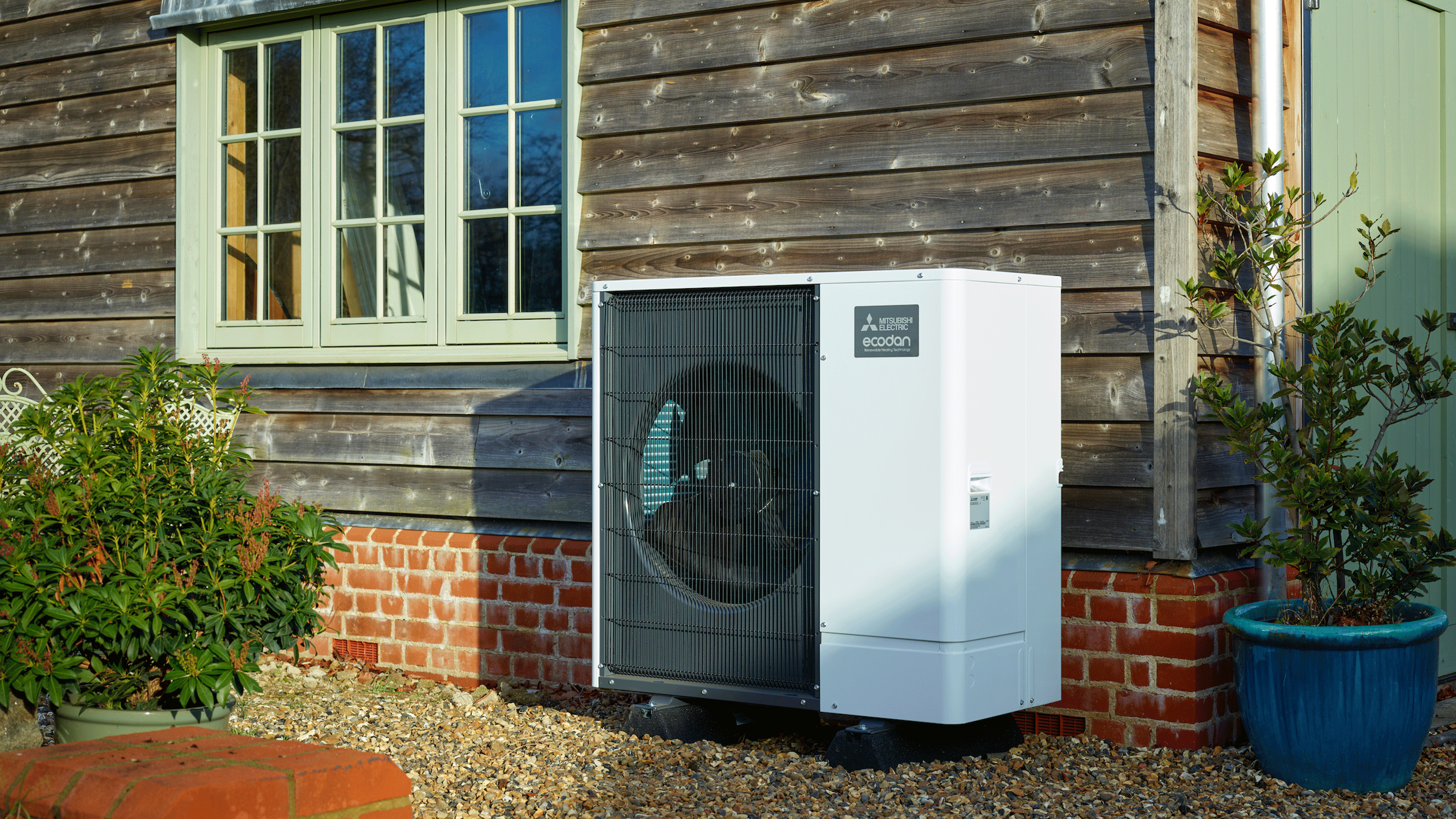

Considering how much does a heat pump cost? Worried about energy price rises? A heat pump makes a great replacement for a gas boiler. As long as the system is designed well for your home, you should save on energy bills. But are pumps worth it? That depends how long it takes for savings to outweigh the cost of the new system.
And remember that energy bills are set to rise if you keep your current boiler. So rather than comparing future and past bills, compare your future bills for a heat pump system with what they would be for a boiler.
We talk you through air source cost and ground source cost and give you the verdict with help from the experts.
How much do heat pumps cost and are they worth it?
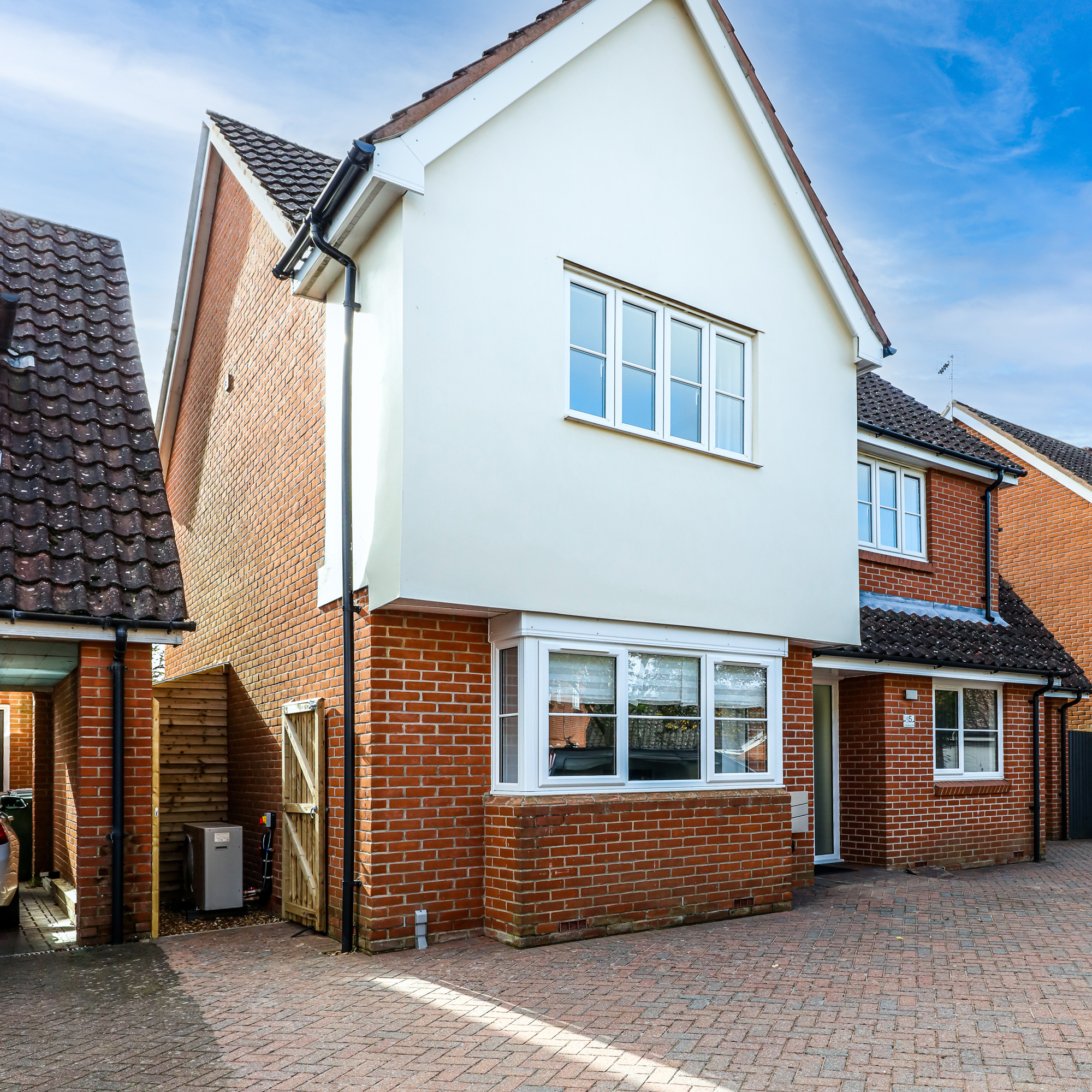
The good news is that a heat pump will pay for itself a bit faster thanks to a Government heat pump grants in England and Wales. It’s called the boiler upgrade scheme and you can save £5,000 on an air source heat pump and £6,000 on a ground source heat pump.
To apply, you must start with a quote from an installer certified by the Microgeneration Certification Scheme (MCS). This should be tailored to your home and give you a clear idea of costs and potential savings, plus valuable consumer protection for peace of mind.
Ask for honest advice about the system, including insulation recommendations and whether radiators need replacing or not. Insulation pays for itself in energy savings and sometimes better radiators do too.
‘Efficiency drops with increasing flow temperature,’ explains Hugh Jones, product manager at Viessmann. ‘So if you’re running a high-temperature heat pump system, in a less well-insulated house, it will consume more electricity than a low-temperature heat pump system in a home where improvements such as insulation and new radiators have been made. Installers are required to create a system design and calculate seasonalised efficiency calculations, explaining the different trade-offs in energy consumption to customers, so in theory, there shouldn’t be any surprises.’
A low-temperature system doesn’t mean your house is colder, it just means that the water in the pipes is at 55°C rather than 70°C, so radiators are on for longer but more efficient.
It's worth taking the time to consider heat pumps vs gas boilers – which is better?
Air source heat pump cost
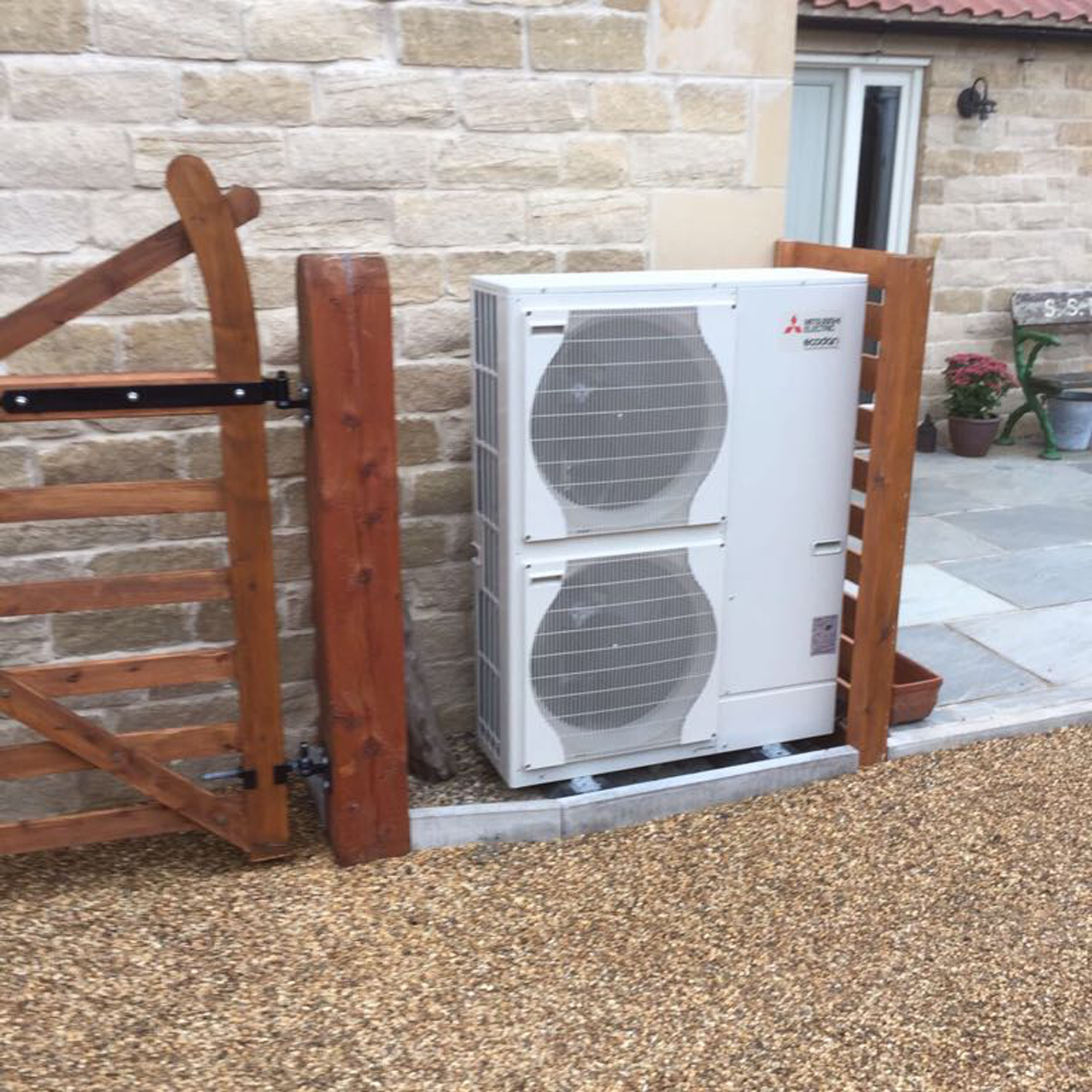
We break down the costs...
Heat pump and installation Buying and installing an air source heat pump typically costs £8,000-15,000. That’s before the grant, so you can budget roughly £3,000-10,000. Look out for heat pump makers who offer interest-free loans. If you don’t have the capital to invest in your home then spreading the cost over five years helps a lot.
Maintenance For heat pump service and maintenance, budget around £140 a year, which is similar to the cost of servicing your current boiler.
Running costs Future energy prices are unpredictable, so it’s hard to put a figure on the savings, but cutting your energy use pays. It’s fair to say that the higher the energy prices the greater the utility bills savings.
‘It’s very difficult at the moment to calculate the costs with the huge energy tariff increases,’ says John Gilham, Group Technical Manager at Green Building Renewables. He quotes figures from late 2021 which show energy savings in a typical home of anything from £200 to £1,000 a year.
Ground source heat pump cost
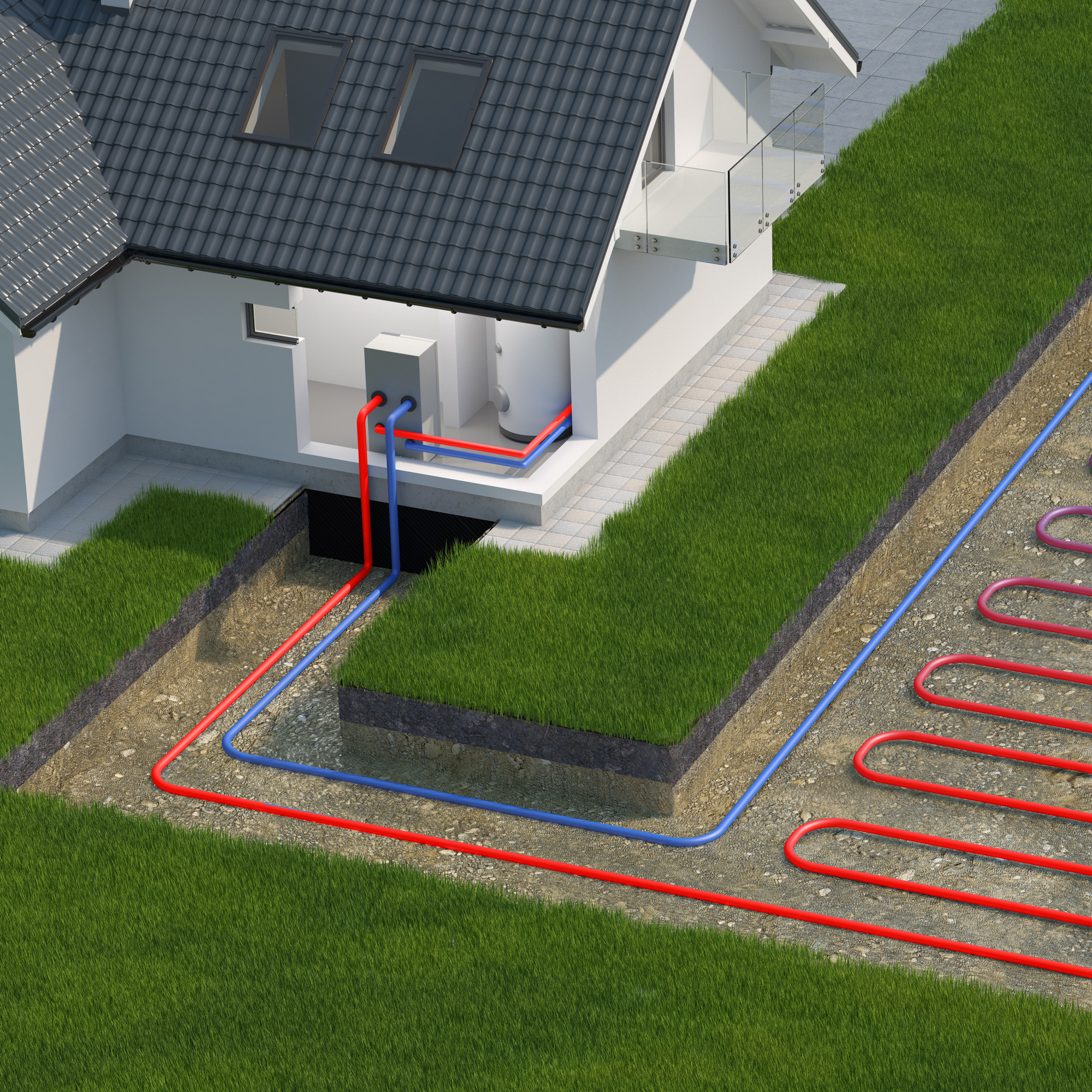
We break down the costs...
Heat pump and installation Buying and installing a ground source heat pump can cost £20,000-35,000, so after the grant it’s still £14,000-29,000. This is much more than the cost of a gas boiler.
Maintenance Budget around £250 a year for servicing a heat pump.
Running costs Future energy prices are unpredictable, so it’s hard to put a figure on the savings, but cutting your energy use pays. It’s fair to say that the higher the energy prices the greater the savings.
‘It’s very difficult at the moment to calculate the costs with the huge energy tariff increases,’ says John Gilham, Group Technical Manager at Green Building Renewables. He quotes figures from late 2021 which show energy savings in a typical home of anything from £200 to £1,000 a year.
Is a heat pump worth it?
Air source heat pumps
With a cost (after the grant) of £3,000-10,000, installing an air source heat pump costs more than replacing your fossil fuel boiler, but you stand to save £200-1,000 a year. This means it should pay for itself in years, not decades. Plus it’s worth it to cut carbon emissions – see below. Start with a quote from an MCS-certified installer, that sets out your costs and potential savings, and decide for yourself.
‘A heat pump can add to the bottom line of a house’s value,’ says Martyn Bridges, Director of Technical Services at Worcester Bosch. ‘This is partly due to the fact that new homes are being built in accordance with regulations that are coming into place to thwart the use of non-renewable home heating systems as we make our way towards net zero.’
Ground source heat pumps
Ground source heat pumps cost more because of the groundworks (digging). After a grant, budget £14,000-29,000. This takes much longer to pay for itself. That’s why they’re usually found in larger rural homes, where there’s ample outdoor space for the groundworks and high heat requirements that would otherwise need multiple air source heat pumps.
If a rural home is off the gas grid, savings will be higher than moving from mains gas. And again, a well-designed system can be seen as an investment that increases the value of your home as well as cutting carbon emissions.
‘If your home is heated by oil, LPG or electricity, your running costs could be significantly lower with a heat pump,’ says a spokesperson from sustainable home heating experts Daikin UK. ‘About 25% less than an LPG system and 50% less than an oil-burning system. These savings would increase dramatically if you have solar panels.’
Will a heat pump add value to my home?
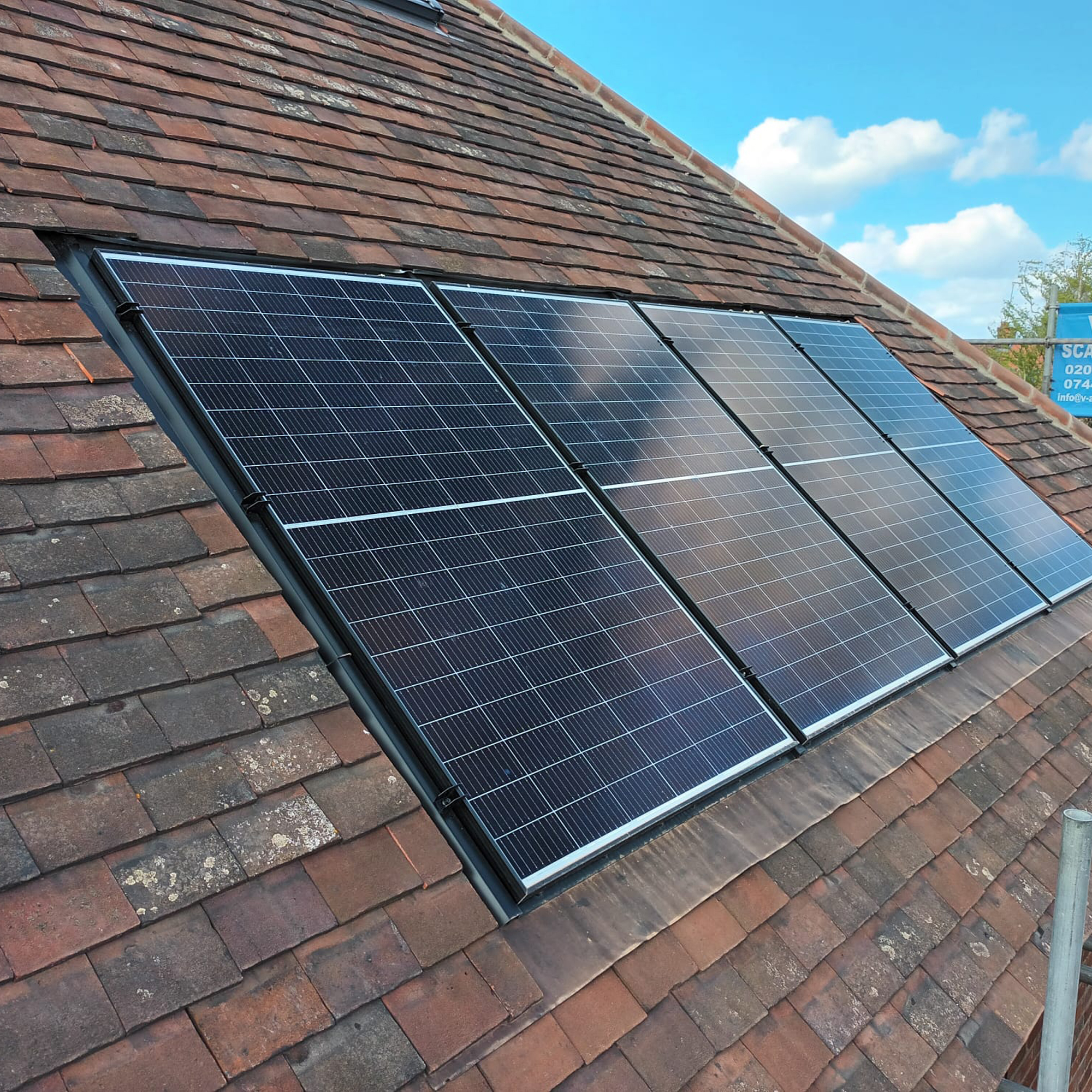
Investing in a heat pump adds to your home’s value. It’s also a great way to cut carbon emissions. Your heating will be carbon neutral if you use a 100% renewable electricity tariff or fit solar panels to generate your own. If you do the latter, you can heat your home for free!
‘Heat pumps are a long-term investment with benefits that go far beyond energy costs,’ says Rajiv Pillai, Commercial Manager, Net Zero at British Gas. ‘When combined with a tariff with 100% renewable energy, this allows you to decarbonise your heating and hot water system, so you can be truly eco-friendly. By relying on this eco-friendly power, and with electricity generation possible from a number of diverse sources (including, potentially, your own solar PV), you are protected from future volatility in gas supply and cost.’
The verdict
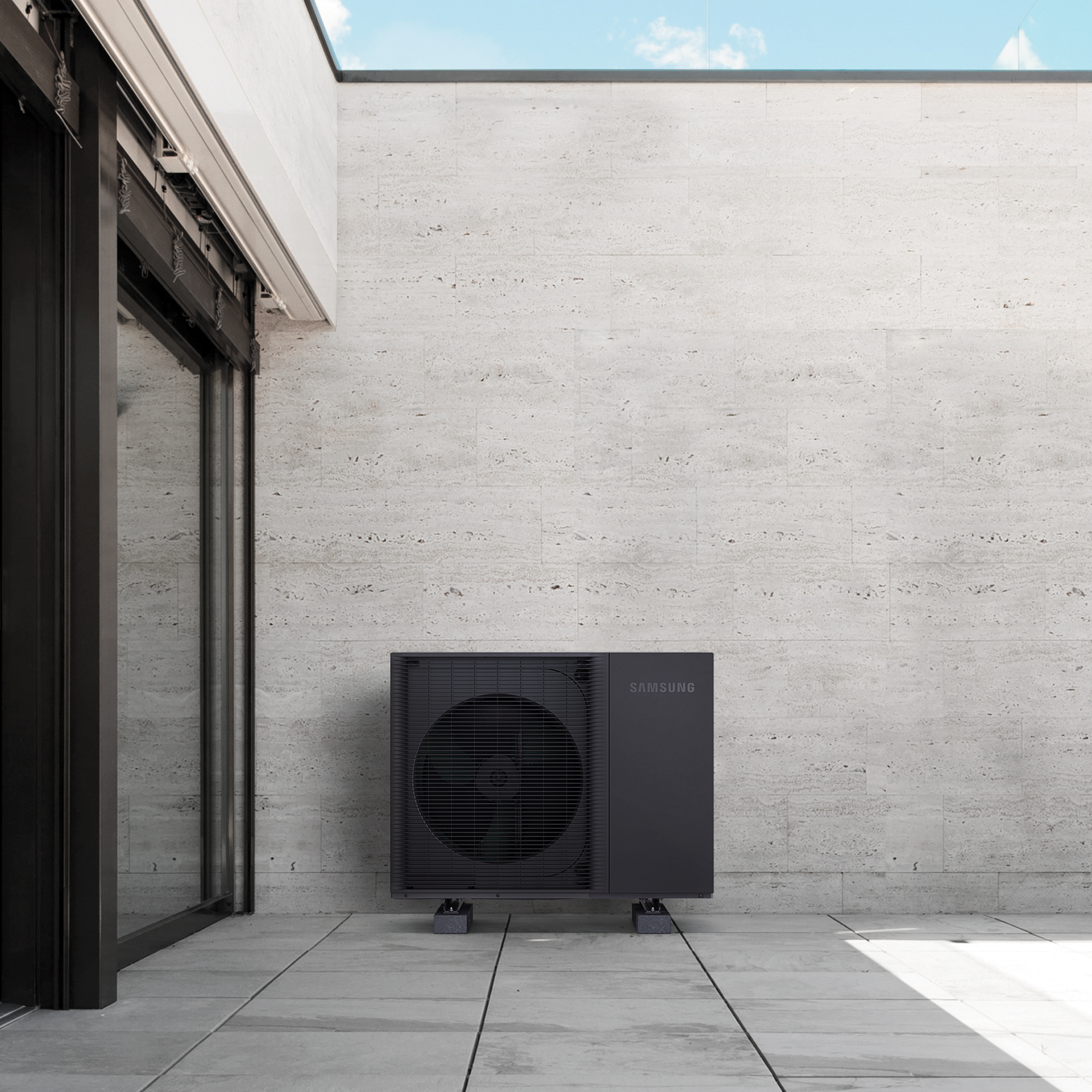
In theory you’ll save more in future. Gas is a finite resource (and a fossil fuel), so its price is likely to rise further. Meanwhile electricity prices should be stable and ultimately go down as we get ever better at generating it from sun, wind and waves. But frustratingly, electricity prices (even renewable electricity prices) are currently coupled to gas prices. That needs to change as we increasingly turn away from fossil fuels and towards renewable electricity.
‘If the Government decided to uncouple the prices of gas and electricity, this could have a significant competitive advantage for heat pumps,’ explains Kaspar Bradshaw of Next Step Heating. ‘Some forms of electricity such as solar, wind and nuclear are significantly less affected by rises in fossil fuels compared with natural gas.’
Finally, it is worth considering that the better your home’s energy performance or EPC rating, the higher your savings.
‘The best way to reduce bills is to insulate the house until you achieve an EPC of a minimum of Band C and hopefully higher,’ says Martyn Bridges, Director of Technical Services at Worcester Bosch. ‘The savings will come as sustainable energy regulation becomes increasingly more environmentally friendly, as we move towards cleaner, greener fuels.’
Get the Ideal Home Newsletter
Sign up to our newsletter for style and decor inspiration, house makeovers, project advice and more.

Caramel Quin is an award-winning journalist and professional nerd who tests technology for newspapers, magazines and online. She has written for Ideal Home since 2012. She prides herself on real-world testing and translating geek speak into plain English. Her pet hates are jargon, pointless products and over-complicated instruction manuals.
-
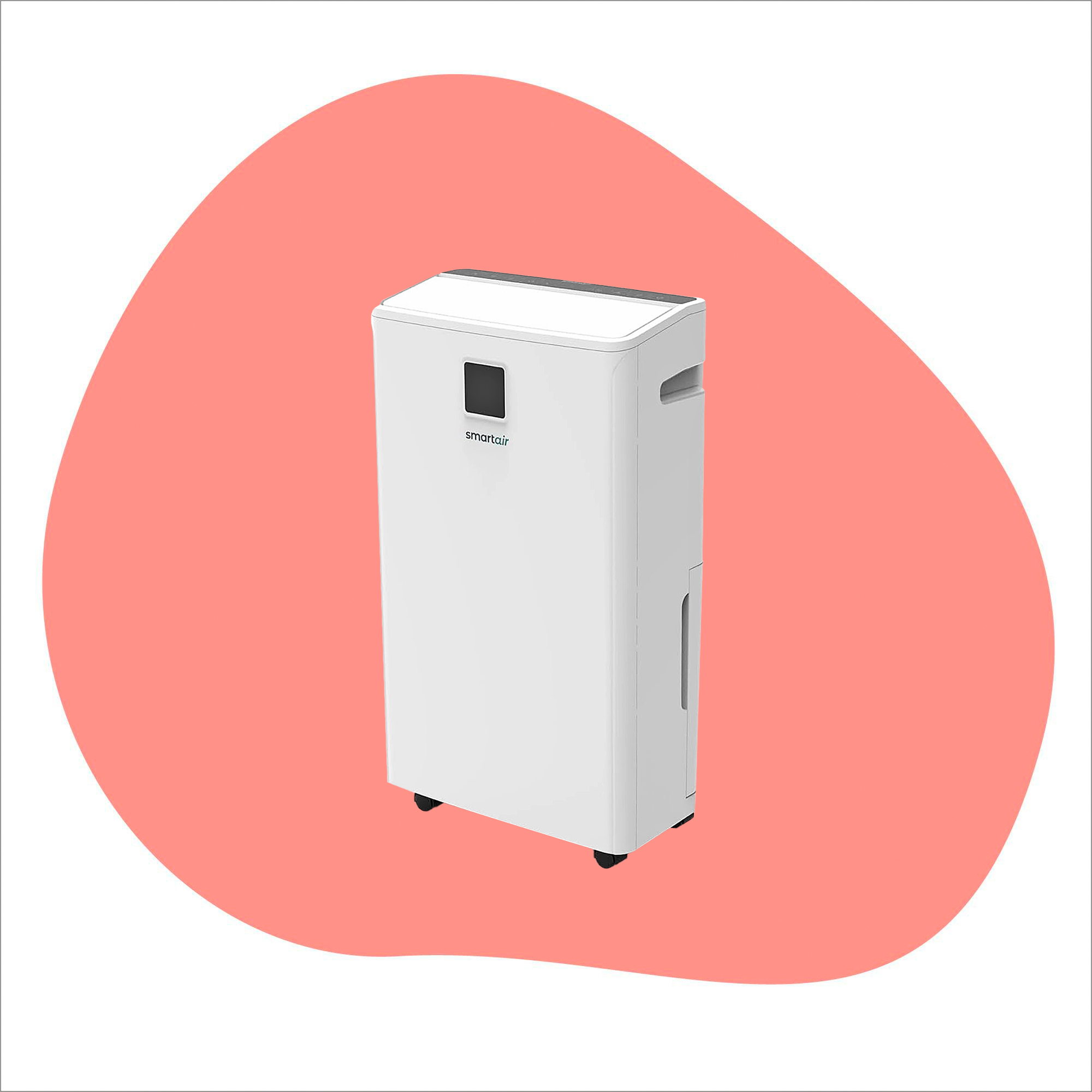 I tried out this neat little dehumidifier for a month – it dried my laundry in half the time
I tried out this neat little dehumidifier for a month – it dried my laundry in half the timeThe 20L SmartAir Dry Zone dehumidifier tackled my laundry drying woes head on
By Jenny McFarlane
-
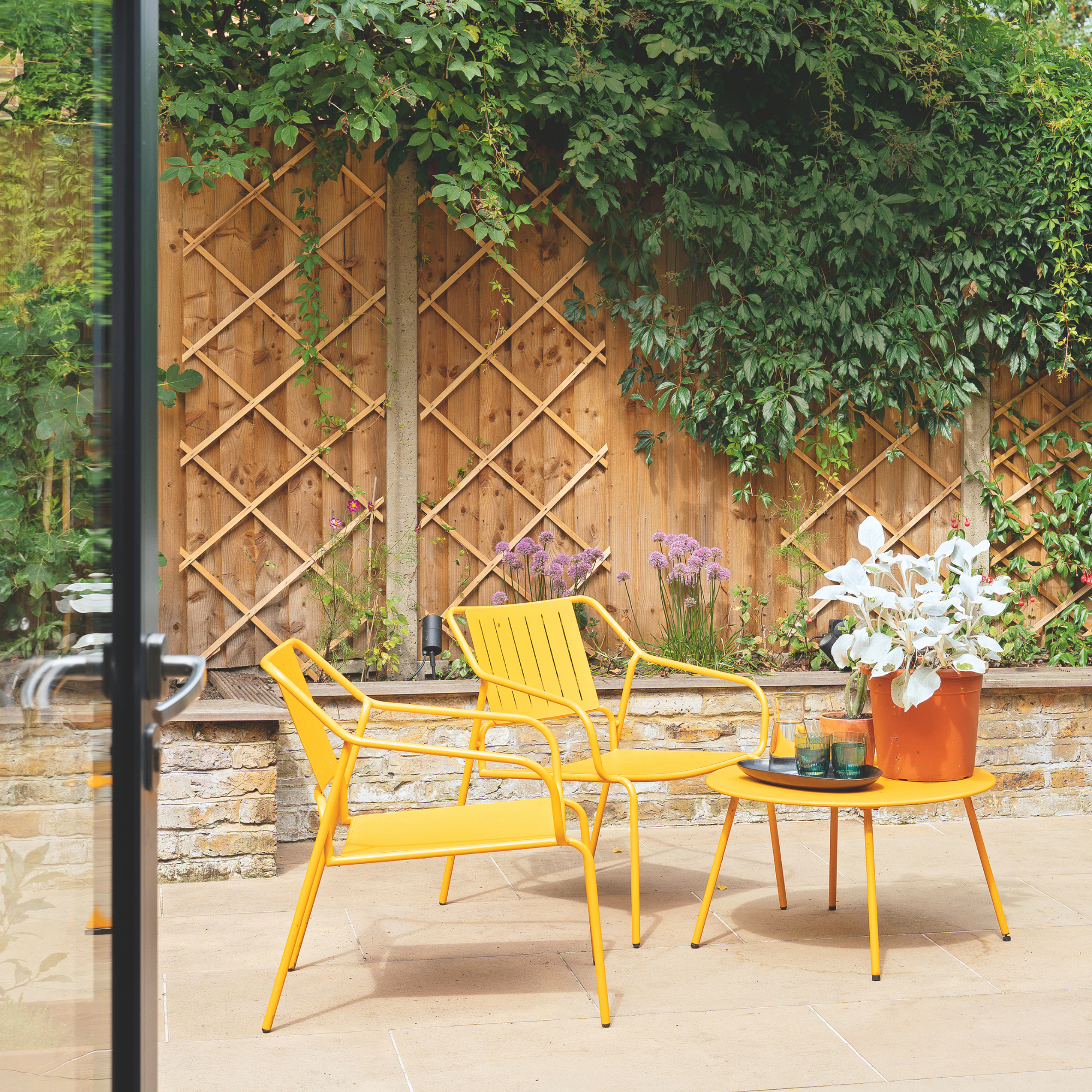 I’m seeing pastel garden furniture at all my favourite brands this spring, but QVC’s sorbet collection impressed me the most
I’m seeing pastel garden furniture at all my favourite brands this spring, but QVC’s sorbet collection impressed me the mostFresh pastel shades are a great way to liven up your outdoor space
By Kezia Reynolds
-
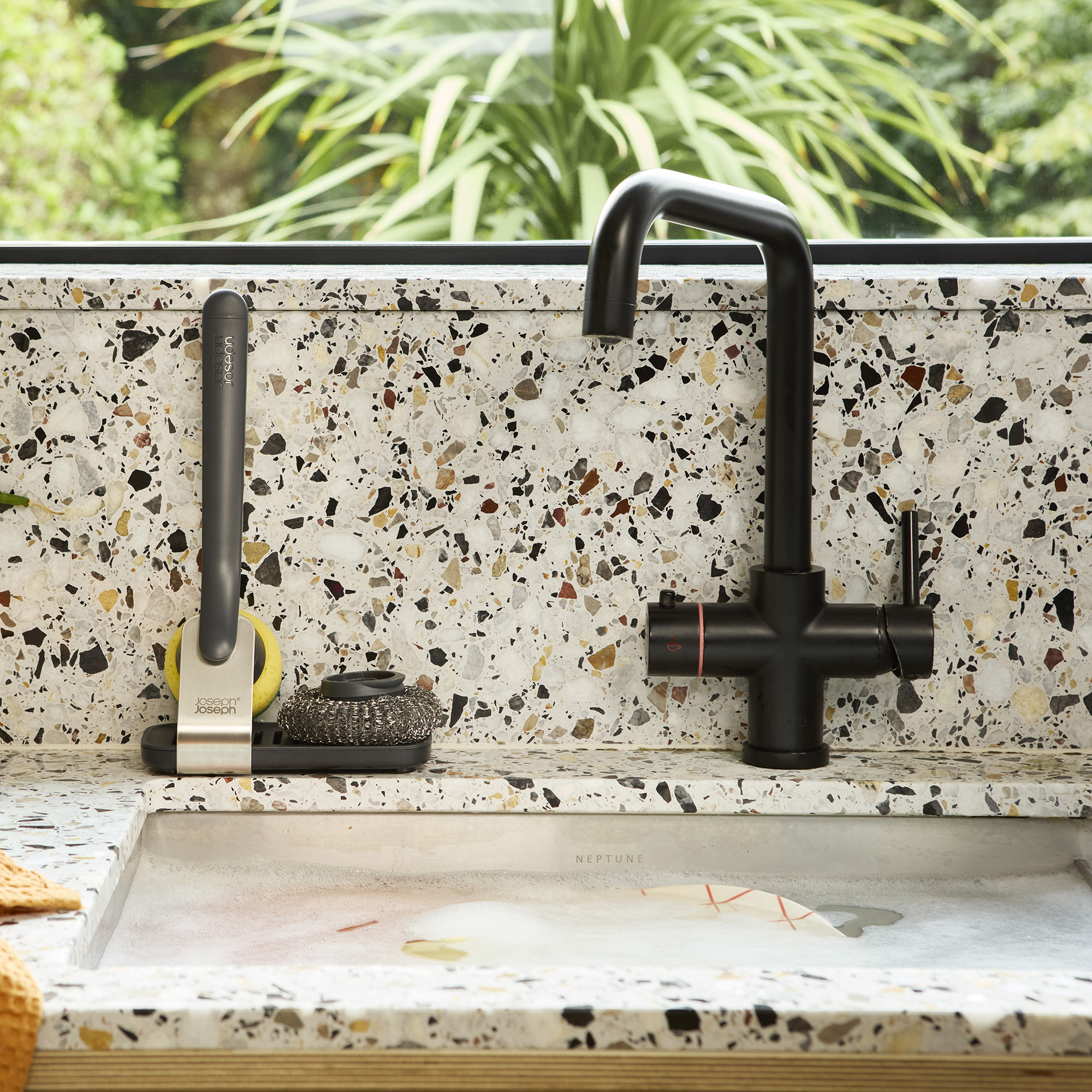 Don't tell my flatmates, but Joseph Joseph's clever new sink range finally made me enjoy washing up
Don't tell my flatmates, but Joseph Joseph's clever new sink range finally made me enjoy washing upI didn't know stylish washing up accessories existed until I saw this collection
By Holly Cockburn